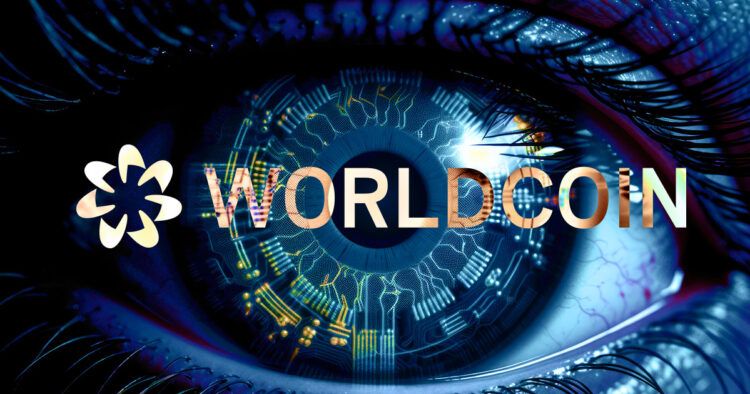Table of Contents
As the world grapples with the challenges of distinguishing human users from automated bots online, a revolutionary project, Worldcoin, emerges. Spearheaded by Sam Altman, the CEO of OpenAI and the brain behind ChatGPT, the project proposes to give out free cryptocurrency in return for scanning individuals' eyes, which would provide them a unique digital ID.
Worldcoin, which was officially launched on Monday, aims to build a novel "identity and financial network." As part of its initial rollout, the iris scanning exercise took place in countries such as the United Kingdom, Japan, and India.

The idea caught the attention of the participants at a cryptocurrency conference in Tokyo, where individuals queued to have their irises scanned by a device situated next to a shiny sphere carrying a sign that read: "Orbs are here." Following the scanning process, each participant received 25 Worldcoin tokens, provided they could verify their identity.
While some might see this as an intriguing blend of biometric technology and cryptocurrency, others have voiced concerns about the potential for data misuse. Critics argue that despite the promise of technological innovation and monetary gain, the possible compromise of privacy cannot be ignored.
Sam Altman's Worldcoin has been both lauded and scrutinized. Some users mentioned their unease over the collection of their biometric data but also admitted to their curiosity about the novel project.
Over the past two years, during its trial phase, Worldcoin claims to have issued IDs to more than two million people from 120 countries. However, concerns about the project’s privacy policies remain, as Worldcoin has so far remained silent in response to queries.
Despite these concerns, Worldcoin assures that the project guarantees full privacy. The company's website claims that the biometric data collected is either deleted after use or stored in encrypted form. Yet, the Electronic Privacy Information Center, a U.S. privacy campaigner, describes Worldcoin's data collection as a "potential privacy nightmare."
The lure of 'free money' seems to be enough to make some participants overlook potential data privacy risks. One student even revealed his plans to sell the free tokens, hoping to make a profit of around $70 to $80, based on the current market value.
While the Worldcoin project purports to respect user privacy, UK privacy campaign group Big Brother Watch has voiced concerns about the potential for biometric data to be hacked or exploited.
The question remains whether Worldcoin represents a revolutionary step forward in identity verification and financial networking, or if it is a looming privacy disaster.




